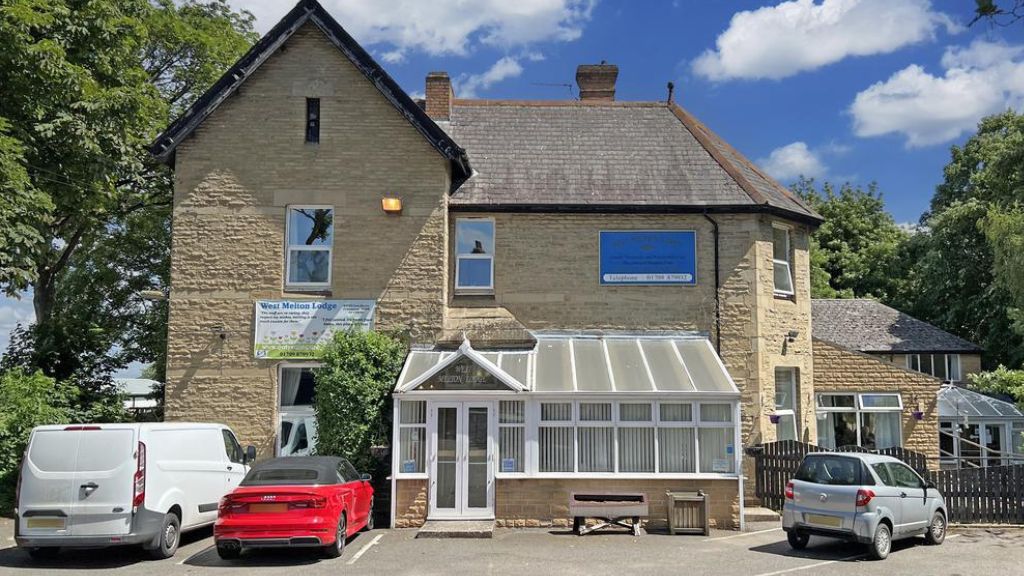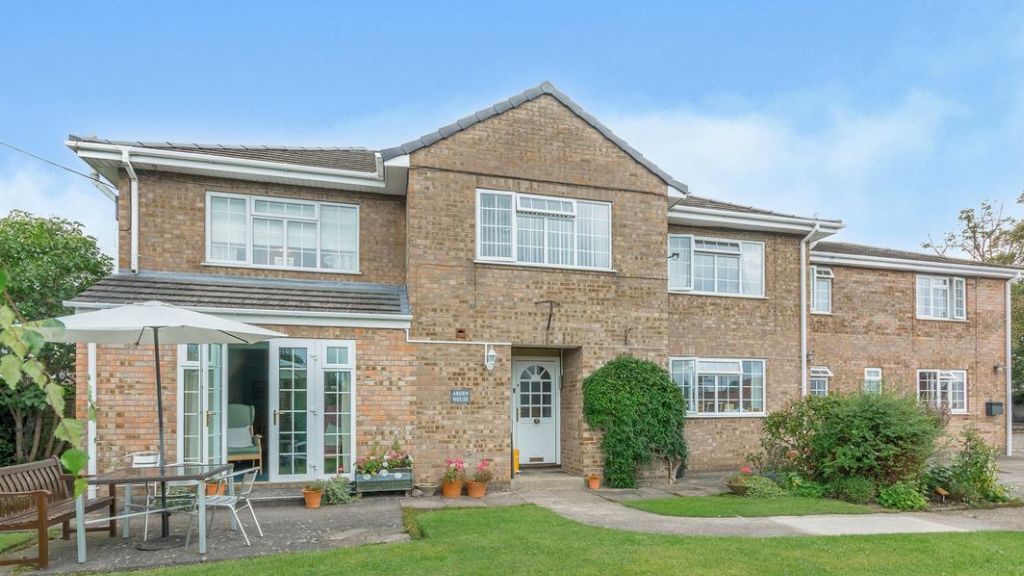Four Seasons’ Jeremy Richardson: some residents “gave up and died” due to Covid-19 visiting restrictions
Jeremy Richardson, who will leave Four Seasons Health Care next month, said that denying care home residents access to loved ones is one lesson from the crisis he hopes that society will “never repeat”.

Four Seasons’ Jeremy Richardson: some residents “gave up and died” due to Covid-19 visiting restrictions
Jeremy Richardson, who will leave Four Seasons Health Care next month, said that denying care home residents access to loved ones is one lesson from the crisis he hopes that society will “never repeat”.
“Ultimately, life in a care home should be a life well led, and that involves interactions not just with staff, or team members, but with loved ones and friends,” said Richardson.
“I think the big scandal of the last two years is that we chose to deprive people of their liberty because we defined essential carers as people who work in care homes, not people who are the loved ones of people who live in those care homes.
“There were a number of people in our homes who gave up and died because they didn’t have social interaction. They gave up the will to live.”
Richardson thinks the future of care homes is about “interaction, society, engaging with community, and if technology can help deliver better outcomes to make sure that those things happen, then I will embrace the technology, but ultimately, it’s about community and I don’t think we should ever forget that.”
Relatives and Residents Association director Helen Wildore added that too many lives had ended prematurely on account of the restrictions.
“This message will be incredibly difficult to hear for families of those who passed away in a Four Seasons home, who might ask why more wasn’t done to safeguard their legal rights,” said Wildore.
“It will also be incredibly difficult for people living in care, still battling to get meaningful contact with their families, still living under restrictions while the rest of the country gets back to normal.”
“Ultimately, life in a care home should be a life well led, and that involves interactions not just with staff, or team members, but with loved ones and friends,” said Richardson.
“I think the big scandal of the last two years is that we chose to deprive people of their liberty because we defined essential carers as people who work in care homes, not people who are the loved ones of people who live in those care homes.
“There were a number of people in our homes who gave up and died because they didn’t have social interaction. They gave up the will to live.”
Richardson thinks the future of care homes is about “interaction, society, engaging with community, and if technology can help deliver better outcomes to make sure that those things happen, then I will embrace the technology, but ultimately, it’s about community and I don’t think we should ever forget that.”
Relatives and Residents Association director Helen Wildore added that too many lives had ended prematurely on account of the restrictions.
“This message will be incredibly difficult to hear for families of those who passed away in a Four Seasons home, who might ask why more wasn’t done to safeguard their legal rights,” said Wildore.
“It will also be incredibly difficult for people living in care, still battling to get meaningful contact with their families, still living under restrictions while the rest of the country gets back to normal.”




